Combating Climate Change with Industrial Robots
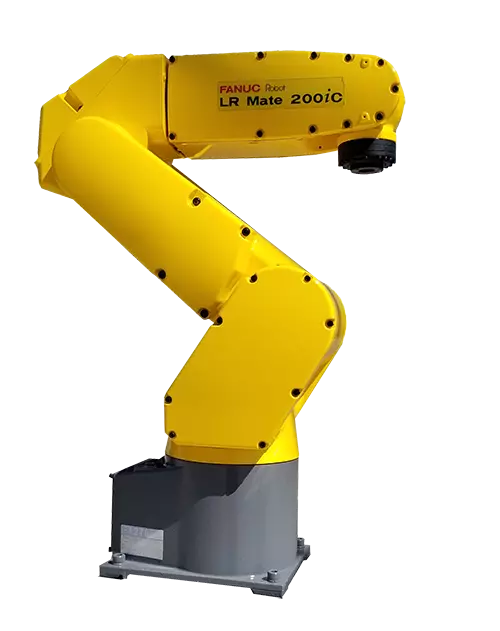
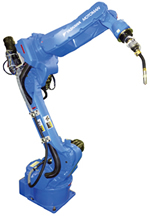
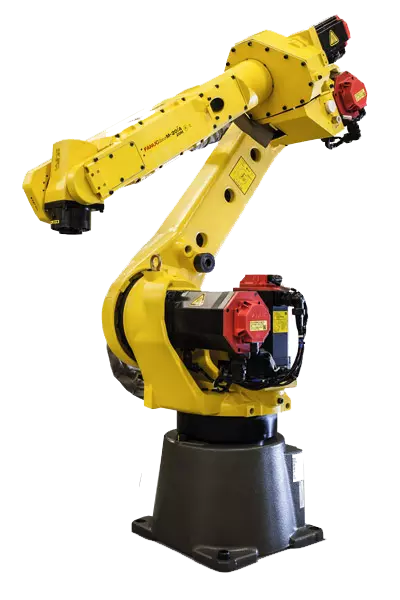
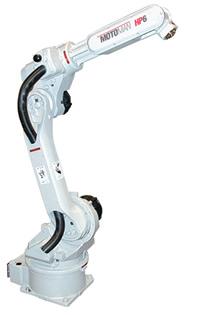
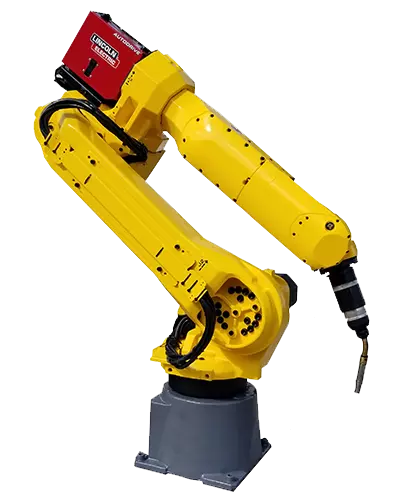
The effects of climate change have been a major topic over the last several years. Around the world people are looking for ways to combat its effects to stabilize and improve the environment. Manufacturers have often come under scrutiny as some believe they have contributed to climate change with their use of heavy machinery that often release pollutants into the environment. However, there is a revolution taking place in manufacturing. Companies are replacing their production lines with the FANUC LR Mate 200ic and other industrial robots to optimize their manufacturing processes. One coincidental effect of the widespread adoption of robotic automation in manufacturing is it is helping combat climate change. Below are some of the ways in which industrial robots can help fight climate change.
No Carbon Emissions
Greenhouse gases are one of the primary culprits of climate change. These are emitted from fossil fuels which many traditional manufacturing machines rely on for power. However, replacing fossil fuel machinery with the FANUC R-2000ib and other industrial robots allows for cleaner manufacturing as they produce no carbon emissions. Implementing robotic automation can significantly reduce a manufacturer’s carbon footprint. The automation of manufacturing factories reduces the number of pollutants released in the environment decreasing greenhouse gases.
Automating Recycling
As people become more conscience of the environment they are recycling more. With higher numbers of people recycling there are more materials and waste that must be sorted through. Sorting recycling is incredibly laborious work and with more materials to process it has become nearly impossible to do manually. Recycling companies are now automating with industrial robots. Industrial robots can quickly scan items on a conveyor to identify recyclables. More items are identified as recyclable with articulated robots due to their fast operation and accuracy which allows them to keep up with high volumes. The FANUC M-2ia can scan through hundreds of items within minutes.
Reducing Scrapped Materials
The accuracy of industrial robots reduces errors that cause scrapped or wasted materials. Robots use consumables more efficiently and their consistency allows manufacturers to better calculate raw material needs preventing over consumption. Reducing material waste or scraps helps keep the environment clean as many raw materials or scraps used in manufacturing cannot be recycled.
Less Energy Consumption
Today’s industrial robots are designed for energy efficiency. Some industrial robots, particularly small robots, can operate solely on battery power. The speed of robots reduces cycle times which ultimately allows more products to be manufactured while using less energy. Robots can significantly reduce electricity use as they require less energy themselves in addition to being able to operate in dim or no lighting. They also do not need a climate-controlled environment as they can operate in hot or cold conditions.
Replacing Large Machinery
Not only are robots being used to replace workers for dangerous or repetitive tasks, but they are also replacing large outdated machinery. Robots are more compact than most traditional manufacturing machines, requiring less energy. They are also much cleaner to operate as they do not emit pollutants such as fumes or smoke unlike other machines. Robots create a clean manufacturing environment reducing pollutants being released into the atmosphere.
Robots Done Right is the place to start when it comes to used robots. Contact us if you are interested in buying or selling a used robot.




